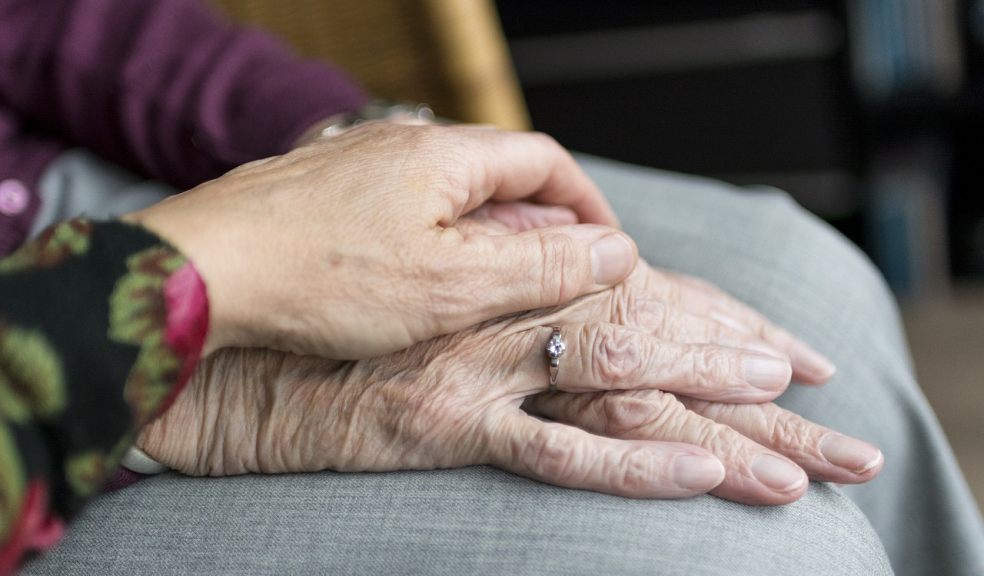
The Benefits of Routine and Structure for Seniors in Residential Care
We all have a daily routine that can help us to stay on track and this is just as important for those who are in residential care. Maintaining a routine can be important in providing a sense of purpose and enhancing well-being, especially for those with cognitive conditions.
In this article, Ambleside Nursing Home look at the benefits of routine and structure for those seniors in residential care and consider ways that families can help to support these routines.
The importance of routine and structure
You probably have a routine to help you get ready for work in the morning and this can often help you to stay calm and ensure that everything goes to plan. Without this routine, we can often feel lost and confused, and the same can be said for those in residential care.
Having a routine in place can help to provide a sense of stability and predictability, which can be very important when confusion or disorientation can be a problem. It can help people to feel more secure in their environment as well as giving them control over their daily lives.
Routine and structure is also known to help encourage a sense of purpose and engagement to help stay mentally and physically active, therefore reducing or minimising the risk of cognitive decline and physical deterioration.
Stability and security
Routine gives all of us stability and security, but this is particularly important when trying to navigate the challenges that ageing can throw at us.
A predictable daily routine allows people to feel in control and reduce any feelings of anxiety or confusion as they are more likely to know what is coming next. It can help to create a sense of familiarity, as well as assisting with things like memory and cognitive function by engaging in regular familiar activities.
Memory recall is improved, and cognitive abilities are stimulated to help promote an overall sense of well-being as well as alleviating stress and anxiety.
Physical and mental well-being
Incorporating regular exercise and healthy habits into daily routines for senior citizens can help to tailor their abilities and interests and maintain or improve their physical health.
Physical exercise can be responsible for promoting strength, balance and flexibility to reduce the risks of falls, therefore allowing people to maintain their independence for longer. Structure can also support mental well-being as there can be a regular pattern of activities designed to promote mental stimulation and avoid cognitive decline.
It could also be possible to incorporate routines to promote relaxation and self-care, such as mindfulness to reduce any stress or anxiety that might be experienced.
Giving back control
Many people who find themselves in residential care do not feel as though they are in control of their own lives. The combination of care staff and family decisions can mean that many things have been taken out of their hands.
By putting a routine in place, it is possible to restore a sense of control for many elderly individuals, and it gives them the power to manage their everyday lives more effectively. Allowing them to make choices on the shape of their routine can be hugely beneficial for creating a sense of independence, even in a care setting.
Many residential care services can play a significant role in establishing and maintaining healthy and stimulating routines, they can consider the unique needs and preferences of each resident and create a bespoke plan for them that can incorporate regular visits to ensure family members also understand the importance of routine and stick by it. This means a meaningful routine can be created that will enhance the life of any individuals in residential care.













